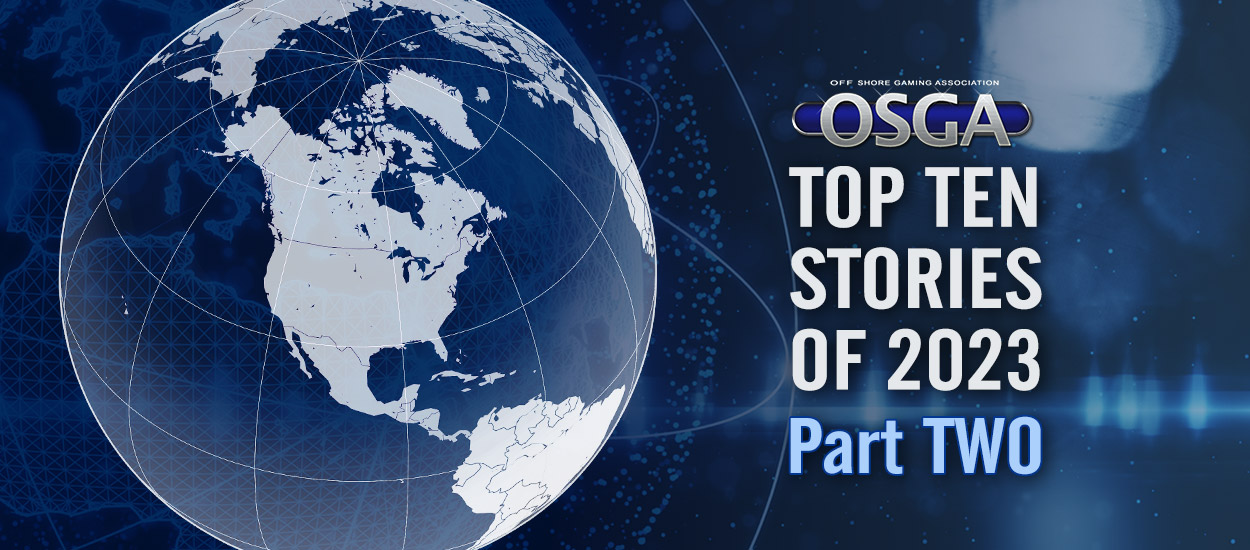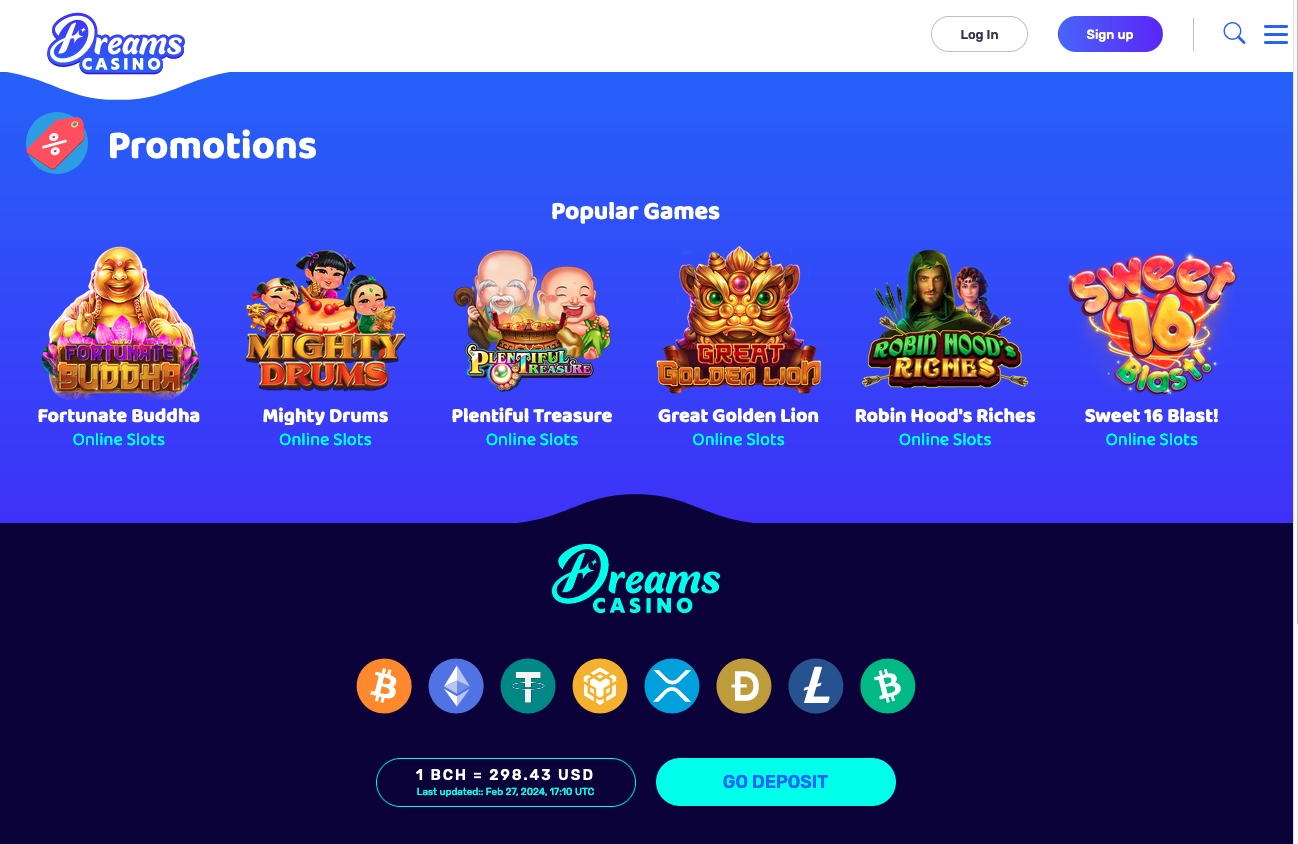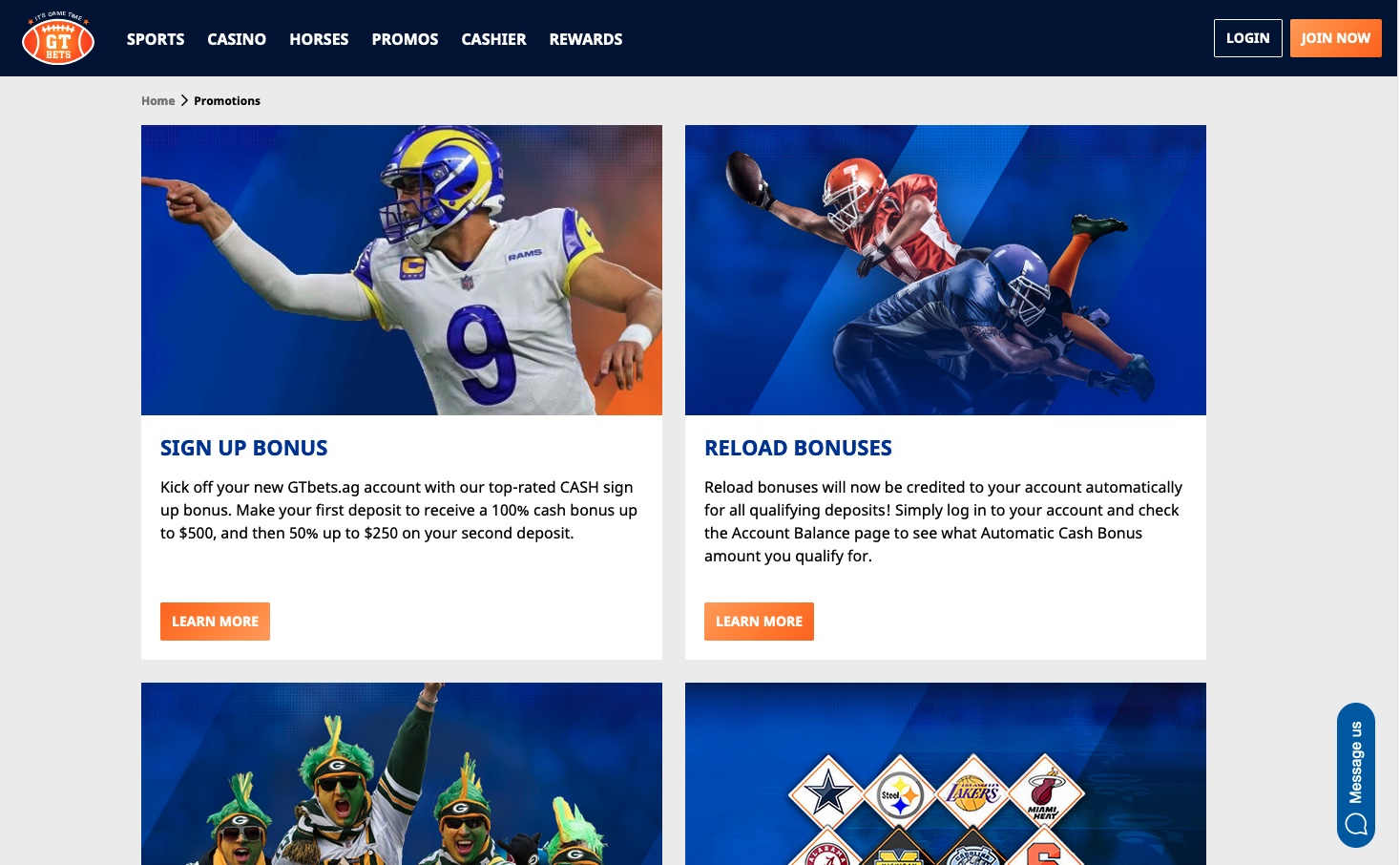I've already broken down some of the top gambling stories in North America for 2023, but now I'll focus on the Top 5. The biggest stories revolved around some of the biggest names who made a move into the sports betting space in 2023, and are expected to be in this column again in 2024.
5. The LIV-PGA Tour Deal When LIV started operating in 2022 there was no love lost between the PGA Tour and the new startup league. PGA Commissioner Jay Monahan said that any players signing deals with LIV would not be able to participate in PGA events. Regardless of the threat, PGA and European Tour players did join LIV thanks to monumental signing bonuses. Players like Phil Mickelson, Dustin Johnson, Sergio Garcia and Bryson DeChambeau signed big deals saying they couldn’t turn down the money, and later Brooks Koepka, Cameron Smith and Talor Gooch signed as well depleting many star players from PGA events. The split caused a great deal of animosity between players on the PGA Tour and LIV Tour with Rory McIlroy, Tiger Woods and Scottie Scheffler being the most outspoken against LIV and players who defected. There was some uncertainty whether the major tournaments would allow LIV players in, but all four majors decided to just follow the qualifying rules of the tournaments, which quelled lawsuits being launched by many LIV players and the tour against The PGA Tour.
When LIV started operating in 2022 there was no love lost between the PGA Tour and the new startup league. PGA Commissioner Jay Monahan said that any players signing deals with LIV would not be able to participate in PGA events. Regardless of the threat, PGA and European Tour players did join LIV thanks to monumental signing bonuses. Players like Phil Mickelson, Dustin Johnson, Sergio Garcia and Bryson DeChambeau signed big deals saying they couldn’t turn down the money, and later Brooks Koepka, Cameron Smith and Talor Gooch signed as well depleting many star players from PGA events. The split caused a great deal of animosity between players on the PGA Tour and LIV Tour with Rory McIlroy, Tiger Woods and Scottie Scheffler being the most outspoken against LIV and players who defected. There was some uncertainty whether the major tournaments would allow LIV players in, but all four majors decided to just follow the qualifying rules of the tournaments, which quelled lawsuits being launched by many LIV players and the tour against The PGA Tour.
While the tours were both operating, it was clear that LIV was never going to match the PGA Tour in terms of interest due to major TV stations being unwilling to air LIV events, a confusing format which included a shotgun start, 54 holes only, a team concept, and an unwillingness by many of the major sportsbooks to offer odds on LIV events. It just became accepted that the two tours were going to operate independently and some PGA players would go to LIV for the filthy lucre. To stop the bleeding, the PGA Tour announced a series of signature events that provided far higher purses for some tournaments, thereby trying to keep in step with the purse money and sign-up bonuses offered by LIV.
In June 2023, the sports world was caught off guard when the PGA Tour announced a partnership with LIV. The announcement stated that the PGA Tour, DP Tour and LIV would pool their commercial rights into a new for-profit venture, which would be funded by the Public Investment Fund (PIF). Monahan was to be the CEO of the newly formed league, while PIF CEO Yasir Al-Rumayyan would be the chairperson and the board to consist of mostly PGA Tour employees. PGA Tour players headed by Rory McIlroy were caught off guard, were furious with the announcement, and demanded a meeting with Monahan ahead of the Canadian Open. The deal also caught the attention of the U.S. Congress who were worried that the PGA Tour controlling everything would go against anti-monopoly laws and there was concern that the PGA Tour was propping up the Saudi government, who most in Congress believe are not the friends of The United States. The families of 9-11 victims also expressed anger at the deal for agreeing to prop up the Saudi government, who they believe were at least partially responsible for the 9-11 attacks.
Greg Norman, the CEO of LIV, said that the two leagues would continue operating separately and Mickelson said that he expected PGA players to jump ship, which actually occurred at the end of 2023 when John Rahm, the 2023 Masters winner announced he was moving to LIV in exchange for $300 million and ownership of a LIV Team. So, it is uncertain just what the merger really does and whether it will go ahead. It is also uncertain whether LIV events will now accumulate owner’s points, although with the major tournaments like the Masters and U.S. Open using existing qualifying rules, that is no longer as big a concern as it once was. And it’s also uncertain if all sportsbooks will agree to put up odds on LIV events if they are in cahoots with the PGA Tour.
The LIV-PGA feud has been huge news for two years and it appears some bettors love the opportunity to bet on both products, although betting on the most prestigious LIV event still attracts less action that betting on the most minor PGA event. It will be interesting to see how the merger plays out in 2024.
4. Casino Cyber Attacks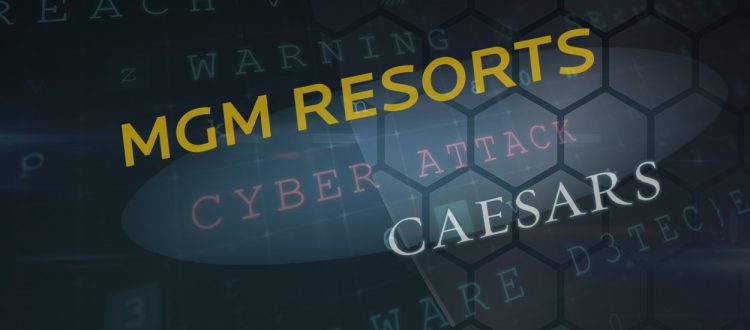 In April of 2023, Gateway Casinos which operates Casino Rama, along with a few racetrack casinos, announced it was closing its operations while it investigated a ransomware attack. The attack was very widespread and while the company told the public their personal information was not jeopardized, they nonetheless felt it was prudent to shut down the casinos for almost two weeks while they tried to reset. The company did acknowledge that casino employee information was compromised and offered employees free credit checks and identity theft monitoring for 12 months, although many employees expressed great frustration that the casino company did so little to stop it, not to mention the employees lost a great deal of income due to the closures.
In April of 2023, Gateway Casinos which operates Casino Rama, along with a few racetrack casinos, announced it was closing its operations while it investigated a ransomware attack. The attack was very widespread and while the company told the public their personal information was not jeopardized, they nonetheless felt it was prudent to shut down the casinos for almost two weeks while they tried to reset. The company did acknowledge that casino employee information was compromised and offered employees free credit checks and identity theft monitoring for 12 months, although many employees expressed great frustration that the casino company did so little to stop it, not to mention the employees lost a great deal of income due to the closures.
A far more reported hack, however, took place in September of 2023 when cyber criminals launched a ransomware attack against both MGM and Caesars. The hackers demanded $30 million from each company and Caesars averted the attack when they agreed to pay the hackers $15 million, but MGM refused to pay and suffered for many weeks, costing them almost $100 million. The confidential data of customers who used MGM services before March 2019, including contact information, gender, date of birth and driver’s license numbers, were breached and MGM said some SSN and passport numbers may have been hacked as well. The cyber attack caused a huge disruption to all electronic services, including slot machines, restaurants, and the rewards program of the resort. Customers for the hotels were also met with signs which read “our property is currently experiencing network issues. Transactions may be affected.” BetMGM was not affected.
The ransomware attacks made it clear that casinos need to do more to protect patron’s identities and to put in more stringent measures to avoid attacks. Some security experts pointed to the MGM’s use of old systems, including hosting all transactions on premise rather than more secure cloud platforms as the real culprit as well as casino propensities to keep all data and systems on the same servers at the same time. Consequently, when one system goes down, all go down. Security experts say the key to foiling attacks is to have the production network separate from the non-production network so that everything cannot all go down simultaneously. Moreover, all security experts agree casinos need much better backup procedures and encryption.
These cyber attacks were significant since it is the first time in many years that attacks on gambling companies has been in the news and it created a lot of distrust of casinos across North America. One survey found that up to 10% of casino customers said they would not hand over any personal information going forward because they simply don’t trust the companies to keep their information safe.
It was about mid October before everything returned to normal for MGM, but many gamblers are wondering if the company really put a cast on the wound or simply a band-aid, which will ensure more cyberattacks will occur going forward. Moreover, questions have arisen of whether casino companies should just pay the criminals when these events happen or whether they should fight. A few writers called Caesars geniuses for paying the $15 million and avoiding the attack, while others called them enablers who negotiated with terrorists thereby jeopardizing the industry in the future. Any way you slice it, the casino industry is now considered far less safe than before because of the cyberattacks.
strong>3. BetFanatics launch into the market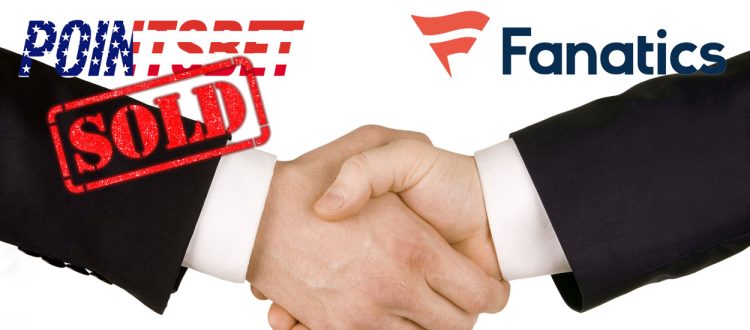 The expectation that BetFanatics would launch into the sports betting market had been anticipated for some time. In 2021 Fanatics hired on ex FanDuel CEO Matt King to head up the sports betting product. It was evident from the onset that Fanatics was willing to take the entry into the market slowly, not wanting to make a huge splash before they did their due diligence. At the SBC Gambling conferences in both 2022 and 2023 several industry spokespeople said that in their view the two biggest companies hadn’t entered yet. While they refused to indicate which companies they were talking about, it was clear they were referring to Fanatics and ESPN.
The expectation that BetFanatics would launch into the sports betting market had been anticipated for some time. In 2021 Fanatics hired on ex FanDuel CEO Matt King to head up the sports betting product. It was evident from the onset that Fanatics was willing to take the entry into the market slowly, not wanting to make a huge splash before they did their due diligence. At the SBC Gambling conferences in both 2022 and 2023 several industry spokespeople said that in their view the two biggest companies hadn’t entered yet. While they refused to indicate which companies they were talking about, it was clear they were referring to Fanatics and ESPN.
BetFanatics is the sports apparel company to all the major sports teams and has yearly revenue of over $3.4 billion and a valuation close to $30 billion. CEO Michael Rubin said he hopes to grow the valuation $100 billion company by 2030. More importantly, the company has over eighty million users and each one of them is a potential sports bettor, with those over the age of twenty-one able to bet now and those under twenty-one as future sports bettors. The company’s biggest asset aside from name and customer base is the ability to cross promote which they did. Aside from an incredible sign-up bonus of wager $5 and get $150 in free bets, the company also offers a program called FanCash. Anyone who places a straight bet receives 1% FanCash depending on the odds; parlay bets receive up to 3% depending on the number of teams in the parlay; and same game parlay bets get up to 5% FanCash depending on the number of options in the Same Game Parlay. FanCash is added to the player’s Fanatics account and can be used on merchandise purchased from the apparel company. The company said it hopes to be in every legal market in the United States except New York, where Rubin said it is impossible to be profitable due to the tax rate. It seems that Rubin has since softened that stance and is willing to reconsider New York since the state is making changes that will lower the tax rate and/or offer online casino wagering as well.
The company launched in January with a beta test in some smaller markets and over the year had their beta product operating in Massachusetts, Maryland, Tennessee, and Ohio. The company even set up a sportsbook in Fed Ex Field in Maryland where the Washington Commanders play. In May Fanatics purchased PointsBet for $225 million. They originally offered $150 million for the Australian-based company, but upped the offer by $75 million after there were rumors that DraftKings was going to outbid Fanatics to slow down their launch. PointsBet had decided to sell its U.S. Operations saying that they just could not make any headway against the big four sportsbooks, but they decided to keep the Ontario product believing that they could still be profitable in Canada. It is uncertain if Fanatics had interest in Canada at this point anyway. While PointsBet did not have the revenue of the big four sportsbooks, they had licenses in Colorado, Illinois, Indiana, Iowa, Kansas, Louisiana, Maryland, Michigan, New Jersey, New York, Ohio, Pennsylvania, Virginia, and West Virginia, which Fanatics will be able to take over without having to go through the full rigorous licensing process. Fanatics is currently live in ten states since the PointsBet deal is still going through, but once the sale is complete it is expected BetFanatics will be in around 20 states by the middle of 2024.
BetFanatics will almost certainly be a powerhouse and get massive signups just based on name recognition and the FanCash program, but most believe that Rubin will not go overboard with advertising and promotions since it doesn’t have to, due to name recognition. So, while the company may never have the customer base of FanDuel or DraftKings it will likely be far more profitable than those two. The launch of such a major brand along with the sale of PointsBet makes the BetFanatics launch a major story in 2023.
2. Penn Entertainment ending agreement with Barstool Sports and starting ESPNBet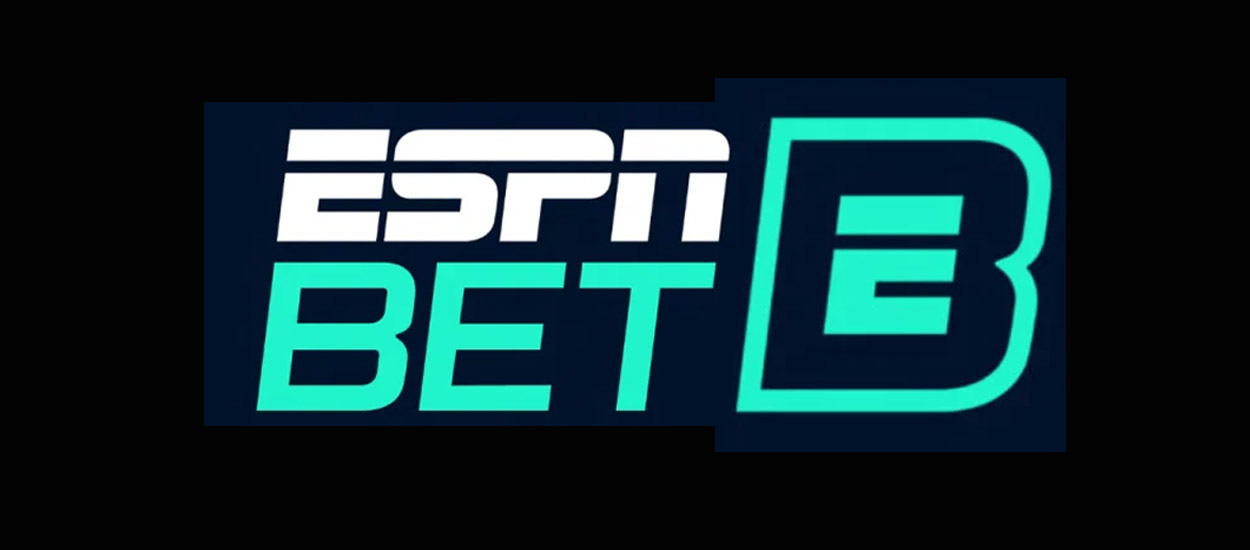 Earlier this year, the industry was caught off guard when Penn Entertainment announced that it was ending its partnership with Barstool Sports and creating a new one with ESPN. The deal allowed Penn to rename all Barstool Sportsbook branding to ESPNBet and acquire all the licenses it signed with the 17 states where Barstool operated, which excluded New York. In return, Penn is paying ESPN $1.5 billion over the next ten years along with $500 million in warrants and will appoint an ESPN board member. The deal also agrees to give Barstool Sports owner David Portnoy the Barstool Sports name back, but with non compete clauses. The deal seems clear. In 2022 Disney’s CEO Bob Chapek indicated that the company could benefit from offering its name to sports betting and the name ESPN, which is synonymous with sports betting across the globe, would surely move Penn’s brand forward compared to Barstool Sports, which is not as widely known.
Earlier this year, the industry was caught off guard when Penn Entertainment announced that it was ending its partnership with Barstool Sports and creating a new one with ESPN. The deal allowed Penn to rename all Barstool Sportsbook branding to ESPNBet and acquire all the licenses it signed with the 17 states where Barstool operated, which excluded New York. In return, Penn is paying ESPN $1.5 billion over the next ten years along with $500 million in warrants and will appoint an ESPN board member. The deal also agrees to give Barstool Sports owner David Portnoy the Barstool Sports name back, but with non compete clauses. The deal seems clear. In 2022 Disney’s CEO Bob Chapek indicated that the company could benefit from offering its name to sports betting and the name ESPN, which is synonymous with sports betting across the globe, would surely move Penn’s brand forward compared to Barstool Sports, which is not as widely known.
ESPNBet launched in October and the impact was immediate. In November alone, the company signed up several new customers that were not customers of Barstool Sports and in Massachusetts ESPNBet had higher revenues than both BetCaesars and BetMGM, even though MGM has physical casinos in Boston and Springfield. December’s numbers are expected to be better and most analysts feel it is only a matter of time before ESPNBet challenges FanDuel and DraftKings for the top spot. It is also believed that when Penn requests a New York license under the ESPN brand it will be granted. The handle in the other major markets was also far better than it had under the Barstool name. Penn Entertainment’s CEO Jay Snowden indicated in a press conference that he believed by 2027 the company would have at least 20% of the market share which would vault it past Caesars and close to the market share of FanDuel, DraftKings and BetFanatics, which will be discussed in the next story of 2023.
If there is any question about how much a name is worth in the world of sports betting, one need look no further than the immediate and substantial impact of ESPNBet to get the answer.
1. The ongoing Florida compact with the Seminole Tribe.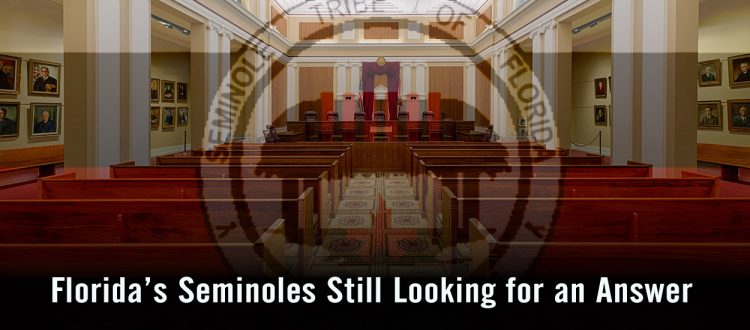 In 2021 Governor Ron DeSantis signed a 30 year compact with the Seminole Tribe extending the terms of the previous compact signed in 2015 by Governor Rick Scott, but also gave the Seminoles exclusive rights to offer sports betting both in person and online. In exchange for exclusivity to sports betting, the Seminoles guaranteed at least $2.5 billion a year to the state for the first 5 years of the compact. The Seminole Tribe started offering sports betting on the Hard Rock app (a company they purchased in 2007), but was shut down after West Flagler Associates which owns Bonita Springs Poker Room and Magic City Casino challenged the compact saying it violated state and federal laws since it allowed betting off of Tribal lands, either online or at parimutuel sites the Seminoles had partnered with, which they said was in violation of the IGRA which required all betting take place on Tribal lands. Deb Haaland, the U.S. Secretary of the Interior approved the compact when it reached her desk and she got the backing of President Biden. Consequently, West Flagler sued Deb Haaland and her office saying the government’s approval was incorrect and illegal. A federal judge in November 2021 called the compact “a fiction” and said it violates the IGRA so The Seminoles shut down the app but continued to push for a decision on the legality of the compact from other courts.
In 2021 Governor Ron DeSantis signed a 30 year compact with the Seminole Tribe extending the terms of the previous compact signed in 2015 by Governor Rick Scott, but also gave the Seminoles exclusive rights to offer sports betting both in person and online. In exchange for exclusivity to sports betting, the Seminoles guaranteed at least $2.5 billion a year to the state for the first 5 years of the compact. The Seminole Tribe started offering sports betting on the Hard Rock app (a company they purchased in 2007), but was shut down after West Flagler Associates which owns Bonita Springs Poker Room and Magic City Casino challenged the compact saying it violated state and federal laws since it allowed betting off of Tribal lands, either online or at parimutuel sites the Seminoles had partnered with, which they said was in violation of the IGRA which required all betting take place on Tribal lands. Deb Haaland, the U.S. Secretary of the Interior approved the compact when it reached her desk and she got the backing of President Biden. Consequently, West Flagler sued Deb Haaland and her office saying the government’s approval was incorrect and illegal. A federal judge in November 2021 called the compact “a fiction” and said it violates the IGRA so The Seminoles shut down the app but continued to push for a decision on the legality of the compact from other courts.
In June of 2023 a federal appeals court overruled the original judge’s decision saying the compact was legal without giving specific reasons but in October SCOTUS put a temporary stay on the appeals court ruling after they indicated some concerns, but a few days later the Supreme Court lifted the stay although Justice Brett Kavanaugh expressed concern that it may violate the state’s constitution and that it may go against equal protection laws. So effectively, Justice Kavanaugh dissented without officially dissenting. The court made it clear that West Flagler could still file suit with the Florida Supreme Court to have their motion that it violated the IGRA heard which they did.
The decisions by the courts in 2023 is crucial as many states that only allow Tribal gambling must decide how to proceed with future compacts. Michigan, believing that the IGRA prevented Tribes from offering online gambling created an agreement with them whereby Tribes operate as commercial entities and use commercial companies like DraftKings or FanDuel to run the sports betting and online gambling product. But states like Nebraska, the Dakotas, California and others that only allow Tribal gambling are anxiously awaiting the SCOTUS decision to see if they can legally create a compact giving the Tribes the option of remote gambling which would greatly increase revenues and naturally the size of the compacts as well. Even states with hybrid models with both commercial and Tribal gambling are trying to decide what the limitations of the compacts are. There is also some suggestion that if SCOTUS sides with West Flagler and decides that the IGRA gives no exception to the rule that all betting must take place on Tribal lands (i.e. that a server on Tribal lands handling bets placed elsewhere is not sufficient), then this could result in major changes to both the IGRA and 1961 Federal Wire Act which right now are the only two laws handcuffing compacts along with other forms of interstate gambling that could benefit all states with gambling of any sort.
In 2024 it is likely that SCOTUS will decide for the last time if the wording of the IGRA is steadfast and denies any remote gambling by tribes and if they do, look for fireworks in many states including Florida to get that IGRA and possibly the Wire Act overturned.
Continue reading for the rest of the Top 10 gambling stories in North America for 2023 from Hartley Henderson!
Read insights from Hartley Henderson every week here at OSGA and check out Hartley's RUMOR MILL!










